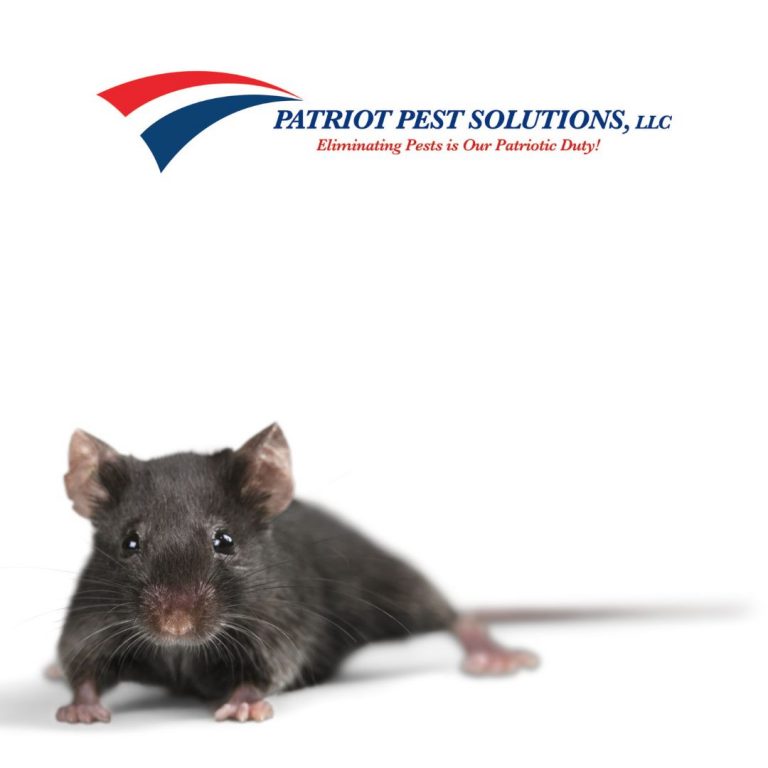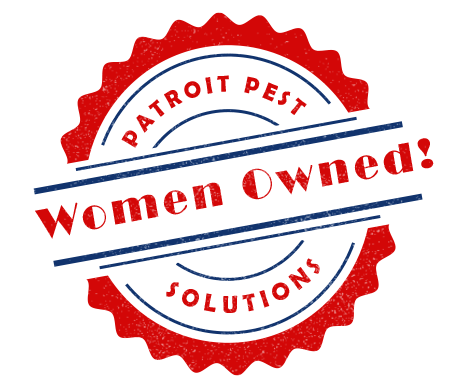Mice are more than just tiny creatures that scurry around your home; they can be a persistent nuisance, especially in Pennsylvania. With its diverse habitats, Pennsylvania is home to several types of mice that can invade your space and cause trouble. But fear not! This guide is here to help you understand these common rodents and provide practical advice on keeping them at bay. By the end of this article, you’ll be equipped with the knowledge to protect your home and maintain a rodent-free environment.
Understanding the Mouse Menace
Mice might seem harmless, but they can bring a host of problems. Not only do they carry diseases and contaminate food, but they can also chew through wires, leading to potential fire hazards. Recognizing the importance of keeping these critters away is the first step in ensuring a safe and healthy home.
Why Are Mice Attracted to Homes?
Mice are constantly on the lookout for food, water, and shelter. Homes provide the perfect environment, especially during the colder months. They can squeeze through tiny openings, making it easy for them to enter and settle in unnoticed.
The Impact of Mice Infestations
A single pair of mice can produce hundreds of offspring in a year, leading to significant infestations if not addressed promptly. This rapid reproduction rate means that a small problem can quickly escalate into a major one. Beyond the health risks, mice infestations can lead to costly repairs and damage to your property.
Identifying Mouse Infestations
Spotting signs of mice early can prevent the problem from worsening. Look out for droppings, chewed materials, and unusual noises during the night. If you notice any of these indicators, it’s crucial to act quickly to prevent further issues.
The Most Common Mice in Pennsylvania
Pennsylvania hosts a variety of mice species, each with its unique characteristics. Understanding these differences is essential in crafting an effective prevention strategy.
House Mouse
The house mouse is one of the most prevalent rodents in Pennsylvania. Small and agile, these mice have a dusty gray appearance and a pointed nose. They are excellent climbers and can easily access high places in your home.
House mice are notorious for nesting in dark, secluded areas. They prefer spots close to food sources, like kitchens and pantries. Their adaptability allows them to thrive in both rural and urban settings.
Deer Mouse
Deer mice are easily recognizable by their bi-colored tails and white underbellies. They are more common in rural areas and often invade homes located near forests. While they might look cute, deer mice are carriers of the hantavirus, which can be dangerous to humans.
Deer mice are nocturnal creatures, meaning they’re most active during the night. They prefer nesting in attics, garages, and basements. Their excellent climbing abilities allow them to access these areas with ease.
White-Footed Mouse
Similar in appearance to the deer mouse, the white-footed mouse has a slightly larger body and whiter feet. They are also common in wooded and brushy areas, making homes near such environments susceptible to invasion.
White-footed mice are primarily seed-eaters but won’t shy away from household food sources. Their presence can be identified by their rounded nests made of shredded materials.
Effective Prevention Strategies
Prevention is always better than cure. By taking proactive measures, you can keep these pesky rodents at bay and maintain a rodent-free home.
Sealing Entry Points
Mice can squeeze through openings as small as a dime. Inspect your home for cracks in the foundation, gaps in windows, and openings around pipes. Sealing these entry points with caulk or steel wool can deter mice from entering.
Pay special attention to areas where utilities enter your home. These spots often have gaps that can serve as entryways for rodents. Regular maintenance and inspections can help identify and address these vulnerabilities.
Removing Food Sources
Mice are always on the hunt for food. Ensure that your kitchen and pantry are free of accessible food items by storing them in airtight containers. Regularly clean up crumbs and spills, and ensure trash bins have tight-fitting lids.
Consider using sealed storage containers for pet food as well. Pet dishes, especially those left out overnight, can attract mice and other pests. Consistent cleaning and organization can make your home less appealing to these critters.
Creating a Barrier
Consider creating a physical barrier around your home. Trim back bushes and trees that are in contact with the house, as they can serve as bridges for mice. Additionally, maintaining a clean yard, free of debris and clutter, can reduce hiding spots for rodents.
Installing door sweeps on exterior doors can further prevent entry. These simple additions can block potential entry points and make it more challenging for mice to find their way inside.
When to Call in the Professionals
While DIY methods can be effective, there are times when professional pest control intervention is necessary. Recognizing these situations can save you time, money, and frustration.
Severe Infestations
If you’re dealing with a significant infestation, it’s best to call in the experts. Pest control professionals have the tools and knowledge to tackle the problem efficiently and effectively.
Professionals can conduct thorough inspections to identify all entry points and nesting sites. Their experience ensures that they can address the root cause of the infestation, preventing future issues.
Health Concerns
If you or your family members are experiencing health issues related to rodent contamination, professional help is crucial. Experts can safely remove mice and sanitize affected areas, ensuring your home is safe and hygienic.
It’s essential to address health concerns promptly, as prolonged exposure to mice can lead to more severe complications. A professional assessment can provide peace of mind and ensure the well-being of your household.
Persistent Problems
Sometimes, despite your best efforts, the problem persists. In such cases, a professional can provide tailored solutions that address the specific challenges your home presents.
They can offer advice on long-term prevention strategies and recommend products or solutions that may not be readily available to the average homeowner. This expert guidance can be invaluable in maintaining a rodent-free environment.
Mice may be small, but the problems they bring can be significant. By understanding the common types of mice in Pennsylvania and implementing effective prevention strategies, you can protect your home from these unwelcome guests. Should you wish to learn more or explore additional solutions, consider reaching out to local pest control professionals or visiting reputable online resources. With the right knowledge and tools, you can maintain a safe, healthy, and mouse-free home.




